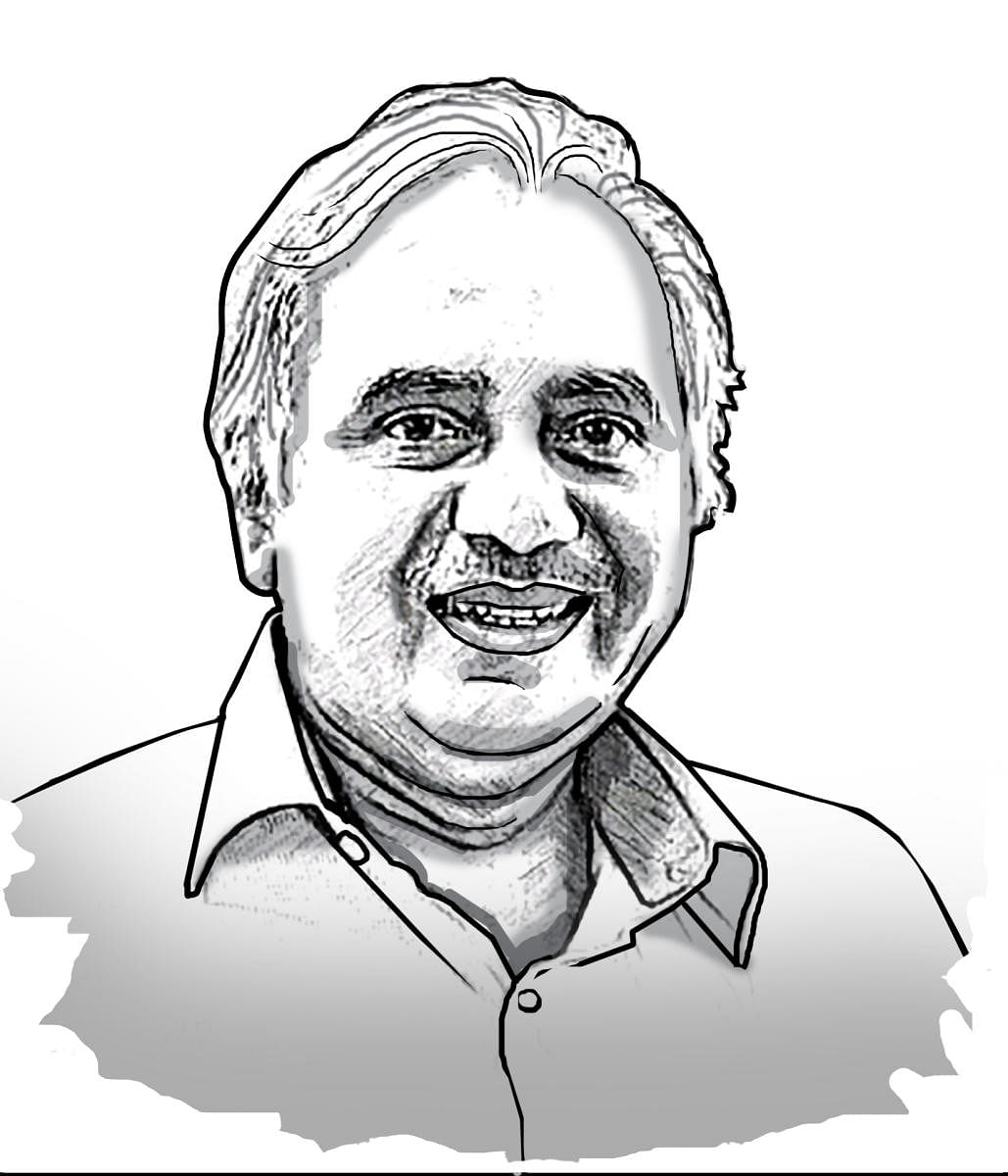Trump’s mind is on his re-election bid, and that’s a good thing
There is no tradition of free lunch in America. ‘Namaste Trump’ is the pay back for ‘Howdy Modi’ in Houston last year, acclaimed as one of the largest-ever gatherings for any foreign political leader in the US, and attended by the US President himself. His endorsement of Prime Minister Narendra Modi as a great leader was actually a signal to the Indian diaspora to support Trump as a return gift. The anticipated million-plus strong gathering to welcome Donald Trump in Gujarat, and every word of support to India that he utters here, is expected to ensure overwhelming Indian-American support for Trump back home.
Trump is, therefore, likely to speak in favour of relaxing immigration rules, which in turn will send the right signal to all immigrants, a signal he may not wish to send from his own country, lest it be misread by his committed voters.
By managing to overcome the impeachment trial, Trump has already won the first round in the run-up to the November presidential election. In a 48 (Democrats) versus 52 (Republicans) verdict, the Senate saved the day for Trump.
But the ‘grand jury’ of 150 million American voters will have the final say in November. With a 49% rating in the Gallup presidential approval poll and a stridently aggressive ‘State of the Union’ address recently, Trump has blown his election trumpet loud and strong. He has also turned the election into a slugfest between the powers of the Congress versus the prerogatives of the President. Campaign rhetoric usually heard in Indian electioneering is being echoed in the US -- “they are not against me, they are against America…” and “the DNA of the Democrats…”
The Democrats can look to the 51% of voters who still do not prefer Trump, but not all of them are with the party, and not even all Democratic voters have zeroed in on one leader. The socialist Bernie Sanders and the billionaire Mike Bloomberg are engaged in a battle for supremacy in the party, even as America is struggling to maintain its supremacy in global politics.
The economy, jobs, housing and social egalitarianism and esteem are issues that still resonate with American voters. So, Trump has to harness every single supporter to increase his lead and register an impressive win for a second term, like his predecessor Barack Obama did.
Trump’s wish list in India could include, especially in the context of US troop withdrawal from Afghanistan, keeping the India-Pakistan border free from tensions and conflict. We have our differences of opinion on how to deal with Pakistan and on many other geopolitical and security issues -- like declaring Jerusalem Israel’s capital, sanctions on Iran, the S-400 deal with Russia, or making the Taliban the central partner in the Afghan peace talks and perhaps in any post-US governance arrangement in that country. But the India-US strategic partnership cannot be meaningful if it fails to address Delhi’s strategic and security concerns while ensuring that US troops get to go back home safely and in time for the elections.
With his re-election bid on his mind, it seems Trump has little time to struggle with trade issues with India currently. Hence, speaking to reporters in Washington DC, he said, “We are doing a very big trade deal with India. We will have it. I don’t know if it will be done before the election, but we will have a very big deal with India.” So, his preparatory team has probably told their Indian counterparts that the India-US trade deal can wait; the priority now is winning a second term of presidency.
While the US treasury and commerce secretaries will accompany Trump, the US Trade Representative (USTR) Robert Lighthizer is likely to visit India sometime later, probably post-elections. That’s not a bad thing, it gives Delhi time to rethink and rework the parameters of a deal. The USTR has put India and China in the ‘developed country’ category as our share of world trade is more than 0.5%, thereby exempting us from the Countervailing Duty (CVD) mechanism. But, as a result, India has been rendered ineligible for benefits under the Generalised System of preferences (GSP), which accrued to our exporters a neat $240 million in duty concessions and enabled some $6.5 billion worth of exports.
Meanwhile, the commerce ministry should hasten the process of negotiating the much-publicised “balanced” Free Trade Agreements (FTA) with some of the emerging economies on both sides of the Pacific, the EU and also begin negotiations with post-Brexit UK.
New Delhi should also take into consideration the trajectory of the Chinese economy following the Coronovirus epidemic. While our sympathies are with the Chinese people, trade and commercial decisions cannot be based on those sentiments. Instead of contemplating reduction in import duty on Chinese goods, the government should extend unprecedented concessions to the Indian manufacturing sector, relax controls and regulations, consider tax holidays for small and medium scale industries, rework credit flow and initiate a series of measures to energise the economy and exports and make the most of the opportunity that has presented itself.
